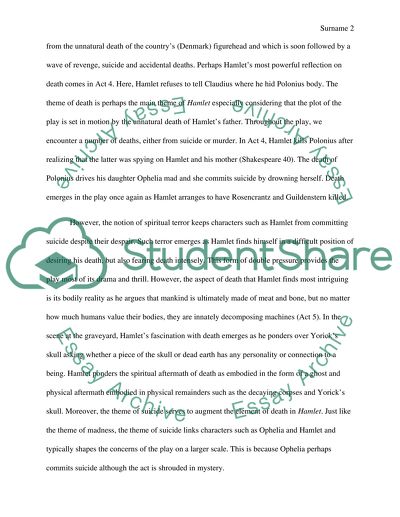Cite this document
(“Hamlet by Shakespeare Essay Example | Topics and Well Written Essays - 750 words”, n.d.)
Retrieved from https://studentshare.org/english/1454444-the-play-hamlet
Retrieved from https://studentshare.org/english/1454444-the-play-hamlet
(Hamlet by Shakespeare Essay Example | Topics and Well Written Essays - 750 Words)
https://studentshare.org/english/1454444-the-play-hamlet.
https://studentshare.org/english/1454444-the-play-hamlet.
“Hamlet by Shakespeare Essay Example | Topics and Well Written Essays - 750 Words”, n.d. https://studentshare.org/english/1454444-the-play-hamlet.


